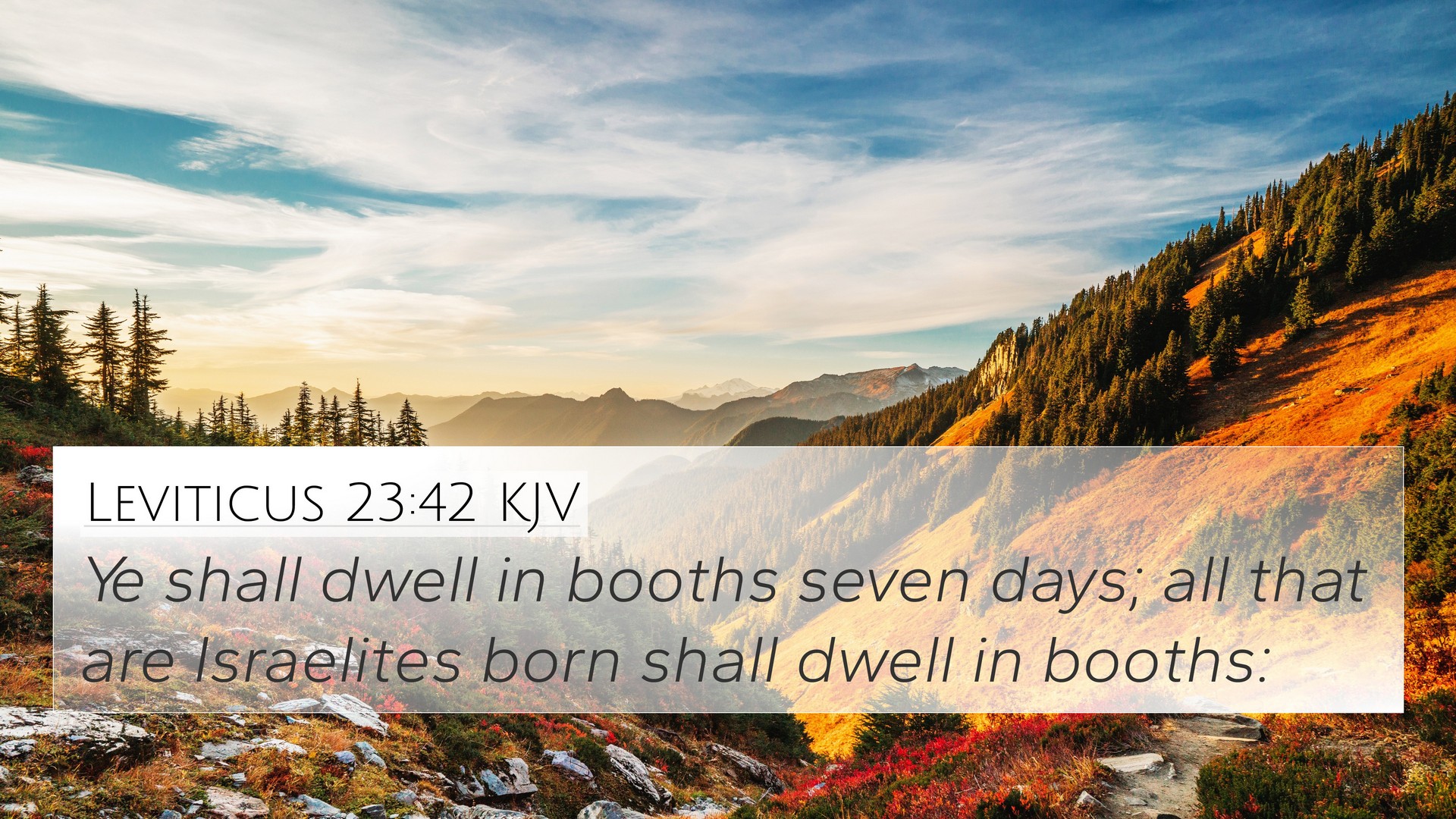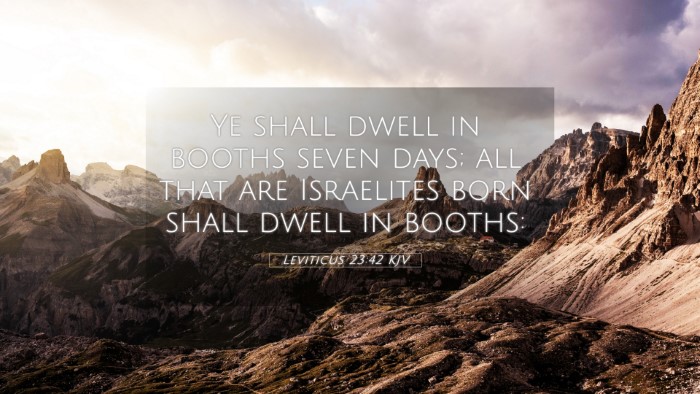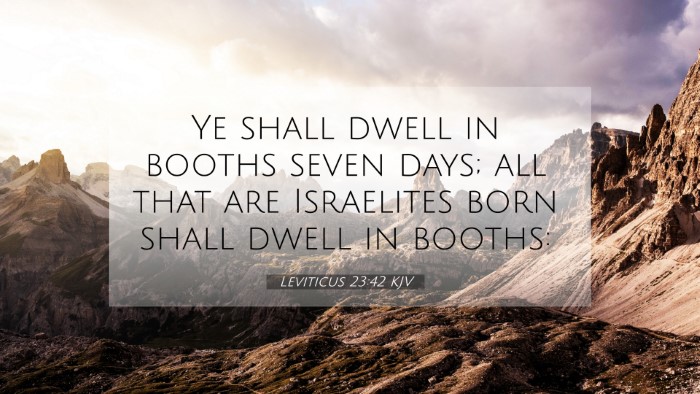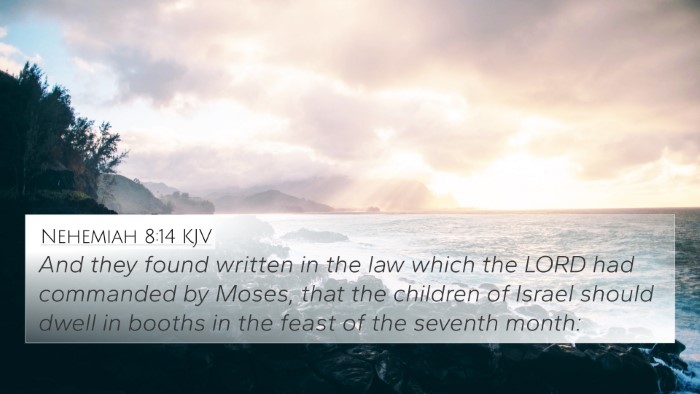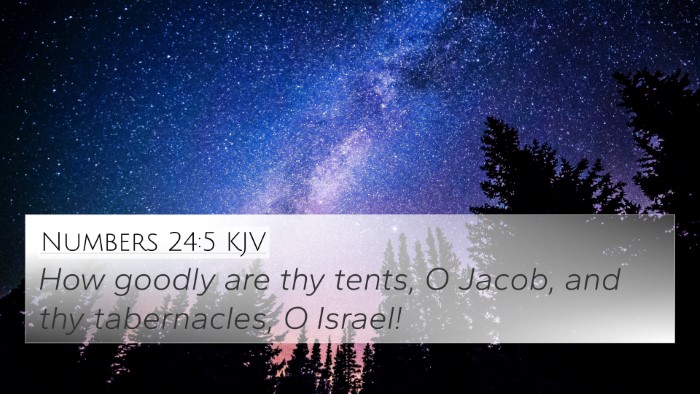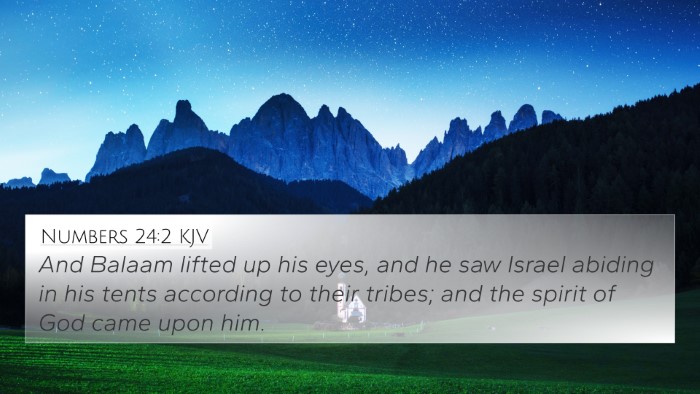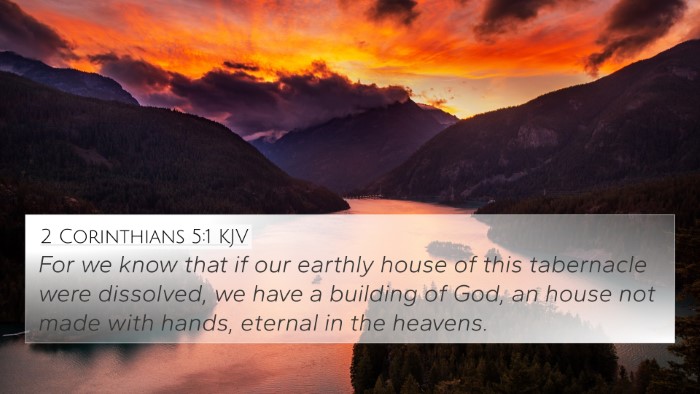Understanding Leviticus 23:42
Verse: "You shall dwell in booths for seven days. All who are native Israelites shall dwell in booths." (Leviticus 23:42, NKJV)
Summary of Meaning
This verse commands the Israelites to celebrate the Feast of Tabernacles, also known as Sukkot, by living in temporary booths (shelters) for a week. This act serves as a reminder of the Israelites' journey through the wilderness and God's provision during their time of wandering.
Commentary Insights
The following explanations combine insights from renowned public domain commentaries, providing an enriched understanding of Leviticus 23:42:
-
Matthew Henry:
Henry notes that dwelling in booths illustrates the transient nature of human life, emphasizing humility and dependence on God. It symbolizes God's care during the wilderness wanderings and encourages gratitude as the harvest is celebrated.
-
Albert Barnes:
Barnes highlights the significance of the booths as a reminder of Israel's deliverance from Egypt and their reliance on God’s provisions. He suggests that the act of living in booths reinforces the idea of God being the shepherd who leads His people through every season of life.
-
Adam Clarke:
Clarke elaborates on the instruction of the booths, tying it to a broader understanding of God's commands and how they shape community identity. He explains that this observance fosters unity and remembrance among the Israelites, ensuring that future generations do not forget their history.
Applications and Reflections
This verse invites believers to reflect on their own spiritual journeys and dependence on God's provision. It serves as a reminder of God's faithfulness and invites a spirit of thanksgiving and remembrance, encouraging modern-day believers to create 'booths' of gratitude in their lives.
Cross-References
To deepen the understanding of Leviticus 23:42, here are several related Bible verses:
- Exodus 23:16: Discusses the Feast of Harvest, linking thanksgiving and remembrance.
- Leviticus 23:39: Further instructions about observing the Feast of Tabernacles.
- Deuteronomy 16:13-15: Commands regarding celebrating the Feast of Tabernacles, its significance, and joy.
- Hebrews 11:9-10: New Testament reference highlighting faith in the promises of God regarding dwelling and journey.
- Psalm 104:1-2: Reflecting on God's creation and provision, fostering a spirit of gratitude.
- John 7:2: Context of Jesus at the Feast of Tabernacles, noting its ongoing significance.
- Zachariah 14:16: Future prophetic reference to the observance of the Feast of Tabernacles in the eschatological age.
- James 4:14: Encouraging believers to recognize the fleeting nature of life, akin to the temporary booths.
- 1 Peter 2:11: Believers as "sojourners" in this world, paralleling the Israelites' wilderness experience.
- Romans 15:4: Understanding the Old Testament’s significance in imparting hope and instruction.
Thematic Connections and Cross-Referencing
The act of dwelling in booths during Sukkot is thematically linked to the broader biblical narrative of God’s provision, deliverance, and the celebration of community and history. Utilizing a Bible cross-reference guide can assist in further exploring the connections between these scriptures, offering deeper insights into the continuous dialogue of God’s love and faithfulness throughout biblical history.
Resources and Tools
For a comprehensive exploration of cross-references, consider utilizing various tools such as:
- Bible Concordance: A tool for finding relevant verses and their connections.
- Cross-reference Bible Study: Methods to engage deeply with scripture.
- Bible reference resources: Various guides and tools available for studying scripture connections.
- Identifying connections between Old and New Testament: A crucial method in understanding the continuity of scripture.
Conclusion
Leviticus 23:42 serves as a valuable reminder of the importance of remembrance, community, and reliance on God, encapsulated within a tradition that continues to resonate today. Through thoughtful study and cross-referencing biblical texts, believers can uncover layers of meaning and application in their faith journeys.
